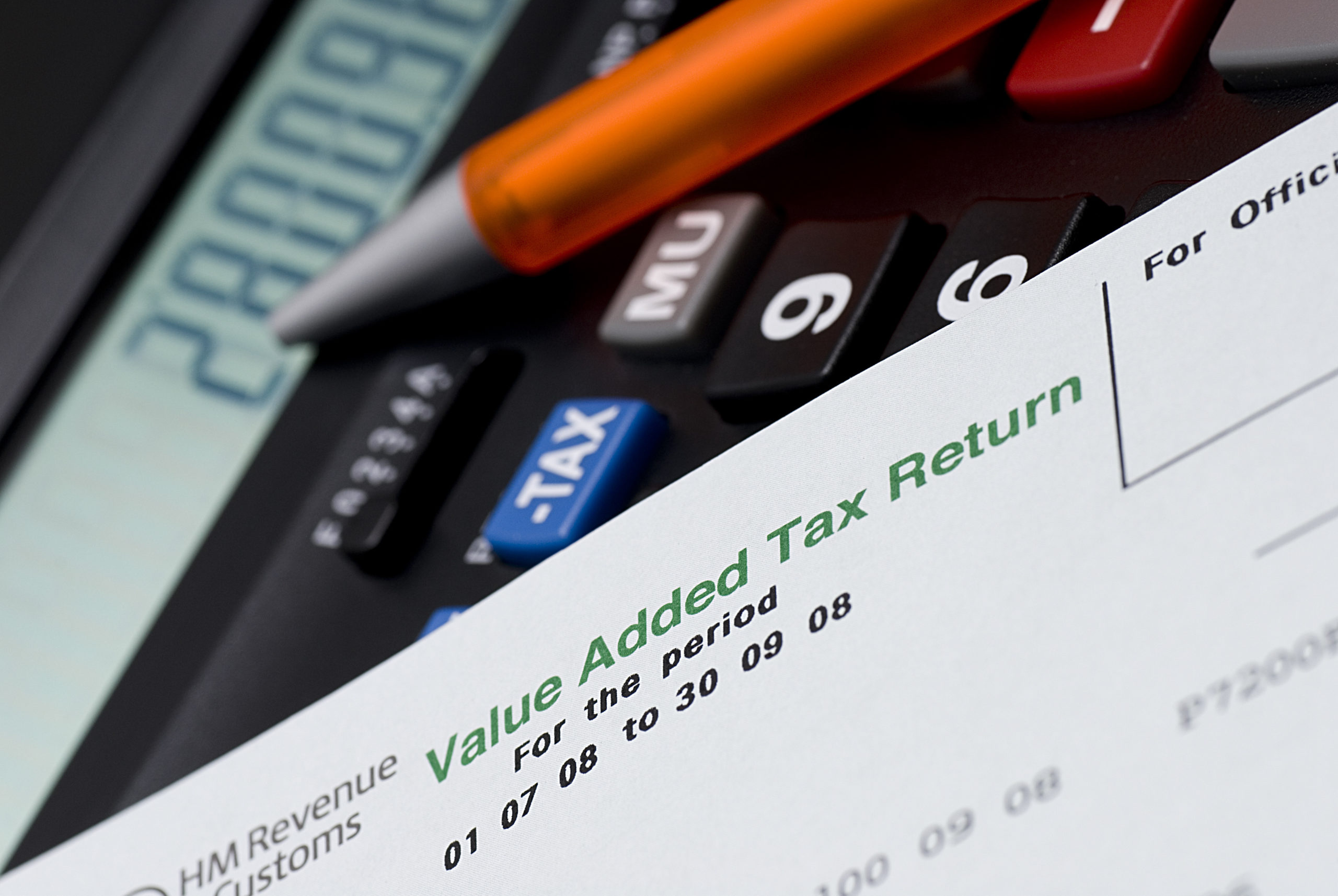We’re regularly asked about VAT and the benefits and pitfalls of registering or not registering. The majority of the enquiries we field are from clients setting up a business and/or those expecting to reach the VAT threshold in the near future. But from time to time we also get questions from established businesses asking whether they can split their operations up to avoid having to register for VAT; and this becomes an altogether trickier matter.
When you split a business to avoid registering for VAT it is called disaggregation and HMRC can perceive this to be deliberate tax avoidance, which carries penalties and could see them treating all the individual businesses as a single entity and taxing them all equally. However, there are legitimate situations whereby disaggregation is acceptable and appropriate, but you need to be absolutely sure before taking that decision.
What is VAT and when does a business have to register?
The current VAT threshold is £85,000. If you’re turnover is likely to exceed this during a rolling 12-month cycle (not necessarily the financial year) then you should register for VAT – even if you sell products and services that would not normally attract VAT. VAT is a tax which is added to your sales, based on a percentage of the product price. VAT rates depend on the type of product or service you are selling but the overarching rate in the UK is currently 20% and will apply to most goods and services. You will also pay VAT on some of your purchases.
VAT is reported on a quarterly basis to HMRC and you have to pay them the difference between the total of the VAT you have charged on your sales (output) and the total you have paid in VAT on your purchases (input). So, it does add another level of administration to your accounting processes and also increases the amount of taxes you pay. For some it can have an impact on their cashflow. This is why some smaller businesses prefer to operate below the threshold and why disaggregation exists.
What is VAT disaggregation?
VAT disaggregation is one way of staying under the VAT registration threshold by effectively splitting your business up, so that the revenue of each part stays below the threshold. This may seem like a straightforward and sensible way of going about it, but HMRC sees this as a deliberate avoidance of tax, if it is purely carried out to stay under the registration limit.
If there are legitimate reasons for splitting the business, for instance you have two quite different products/services and each would benefit from its own ‘corporate wrapper’, then that may not be determined as avoidance – as long as the process of splitting the business leaves two highly distinct operations.
Examples of the things HMRC might look for to determine whether companies are closely related are:
- Shared bank account – multiple businesses or entities, a single bank account
- Financial interdependence – Can one operate without the financial support e.g., covering overhead costs or capital, of the other?
- Shared staffing – The operations both relying on the same staff
- Shared premises – This can be a grey area as many companies operate from shared workspaces, but if one is paying for the entire premises and the other is effectively rent free, this would raise flags
- Using the same tools and equipment – for those without premises, this could cover anybody who was mobile or site working
If HMRC were to investigate a disaggregated business and determine that the reasons behind the split were not legitimate, they could issue a notice of direction which compels the businesses to be treated as a group or single entity for VAT purposes. As part of this process, they may also determine that the single entity rule should have been enforced sooner and therefore make a demand for backdated VAT. In extreme circumstances, business owners could face penalties.
Like most aspects of business life, VAT disaggregation is far from straight forward and can often be highly nuanced. It therefore needs to be treated carefully and so we would always recommend seeking professional advice before undertaking any changes to your business in a bid to avoid VAT registration. There are other options that may be a better fit for you such as Flat Rate VAT or cash accounting, which still see you registering for VAT but selecting a scheme that reflects your business needs and structure. If you’d like to know more, please contact a member of our team today.
